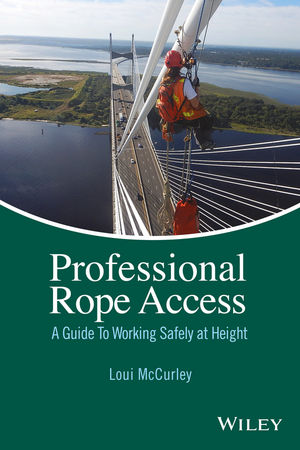Top 5 ways to build a psychologically safe workplace

In a psychologically safe workplace, every employee feels comfortable, accepted, and respected. Although it may seem to be a simple and understandable thing, many companies fail to create a safe environment for their employees. For example, on some teams, junior members are not taken seriously during meetings and their opinions may be criticized more than others’ because of their lack of seniority. Sometimes, such an atmosphere becomes completely hostile, with employees being afraid to make the smallest mistake because they feel like nobody will ever forget it.
The psychologically safe environment allows employees to express their opinions and be actively involved in the working process regardless of their position. According to research by Google, the majority of employees consider a positive working environment one of their main priorities. Moreover, there is a correlation between the environment employees are working in and the success of the company.
The Importance of Psychological Safety in the Workplace
The issue of psychological safety to a large extent depends on the people who hold top positions. There are many leaders who raise their voices to their employees and verbally abuse them. Such people know that most employees are likely to be quiet about their outbursts and use their power in order to assert themselves and to create an image of a strong leader. However, the effect of such behavior is quite the opposite. Employees don’t trust such leaders. They are afraid to speak up and to express any opinions. Therefore, such teams lack fresh ideas. Their members lose motivation and demonstrate lower productivity. They often start looking for a new job.
The way leaders and employees treat each other causes a significant impact on the company’s performance. Many high-functioning teams are characterized by a high level of psychological safety. Effective leaders don’t just punish their employees for every error, in fact, high-performance teams tend do make more mistakes but discuss them and quickly improve their solutions and methods. Obviously, employees should also be able to ask questions and to express concerns without being afraid of their leader’s reaction. The more managers and employees communicate, the more they learn, and the more effective the whole team is.
How to Build a Psychologically Safe Workplace
1. Offer the benefit of the doubt
It’s important to build mutual trust, which is impossible without offering and receiving the benefit of the doubt. In turn, in offering the benefit of the doubt to others, you increase trust. Leaders should be able to celebrate victories with their employees and remind them that any mistakes are just steps towards improvement and professional growth.
2. Give your employees a voice
Limiting communication is the worst thing you can do for your team. Not only does it undermine psychological safety, but it also negatively affects performance and prevents employees from learning. Wise leaders encourage all employees to participate in the conversation and create effective channels for feedback. When employees can easily communicate with their leaders, they can also identify many important problems and offer some valuable ideas on improvement that could remain unnoticed by managers who are not directly involved in the working process.
3. Encourage curiosity
A psychologically safe workplace is impossible without a proper corporate culture. In turn, a good corporate culture should encourage curiosity because it’s the simplest way to improve creativity and to make a team more adaptive to any new challenges. The culture of learning also makes teams more engaged.
4. Cultivate accountability
Psychological safety starts with awareness. Employees should understand how to build healthy relationships with their colleagues. However, having professionals who are familiar with psychology is a necessity. They help employees survive a toxic environment and they can also collect valuable feedback so that a company can improve its corporate culture and push it in the right direction.
5. Make effectiveness the main priority
Efficiency is good but effectiveness is much more important. Some leaders see their employees as tools that help them get financial benefits or increase efficiency. This is a toxic way of thinking. Instead of making efficiency the main priority, leaders should reduce threats employees are exposed to and help them focus on their work. Employees shouldn’t feel stressed out because of their leaders.
Conclusion
A psychologically safe workplace allows employees to ask necessary questions, to express their opinions, and to be valuable members of the team. Employees shouldn’t feel intimidated by their leaders. They should understand that any mistake is just a step on the way to improvement. In addition, leaders should encourage creativity and curiosity, helping their employees learn. Leaders must create an atmosphere where every member of the team feels important, regardless of their position. Psychologically safe teams are more productive because their members are motivated and interested in making their contribution. Thus, companies should pay particular attention to their corporate culture and create a comfortable environment for everyone.
Looking for a reprint of this article?
From high-res PDFs to custom plaques, order your copy today!






